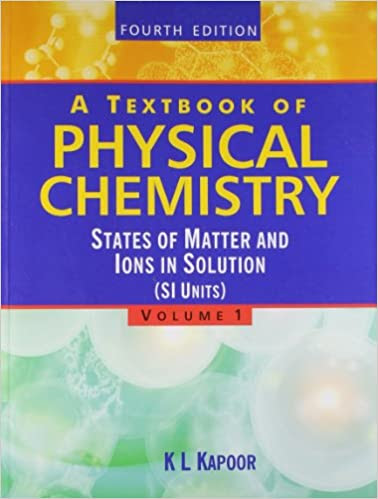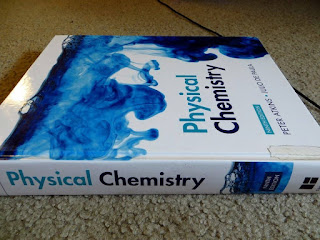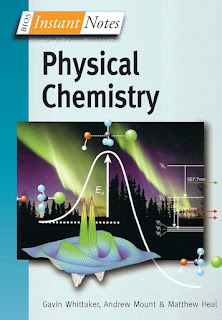
About Book
A thorough understanding of the principles and basic concepts of physical chemistry is essential for a good grasp of the subject. This book is the sixth of the earlier five volume series, which provides an extensive coverage of the topics discussed focusing on the applications of the principles involved. Each of the earlier five volumes distinguishes itself by projecting the subject through number of illustrative solutions of numerical and typical problems. Each chapter is appended with Revision Problems, Try Yourself Problems and Numerical Problems so as to widen the scope for the students. It, thus, helps them extend their knowledge beyond the book and understand the subject in its totality. To provide quantitative basis for the better understanding of various principles and basic concepts of Physical Chemistry, the present sixth volume on the Computational Aspects in Physical Chemistry is devised, which provides enough applications to meet this requirement.
The six volumes are organised as follows: Volume 1 States of Matter and lons in Solution, Volume 2 Thermodynamics and Chemical Equilibrium, Volume 3 Applications of Thermodynamics, Volume 4 Quantum Chemistry and Molecular Spectroscopy, Volume 5 Dynamics of Chemical Reactions, Statistical Thermodynamics and Macromolecules, Volume 6 Computational Aspects in Physical Chemistry. Volume 6 Describes Computational Aspects in Physical Chemistry in three chapters, viz, Synopsis of Commonly used Statements in Basic Language, List of Programs and Projects. The content of the second edition of book is enlarged and includes more applications of numerical methods to the various concepts of physical chemistry, viz., roots of equation f(x)=0, interpolation formulae, numerical differentiation, double integration, eigenvalue problem and first-and second-order differential equations.



Add Comment